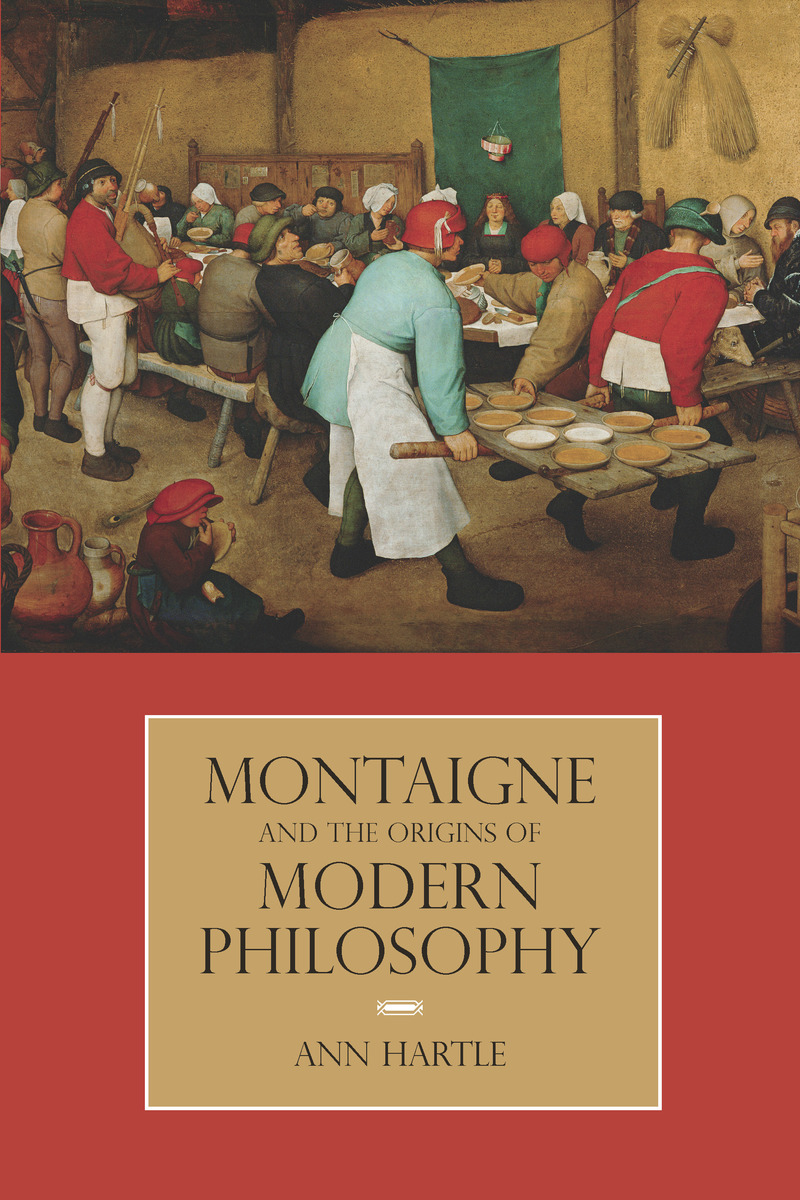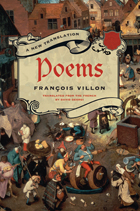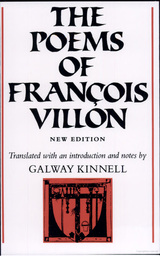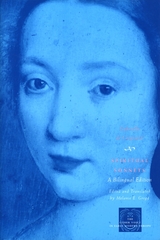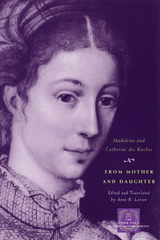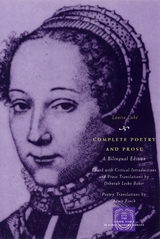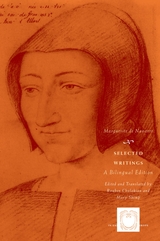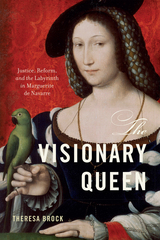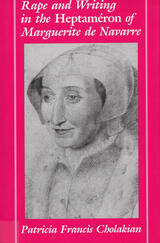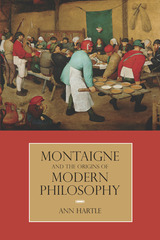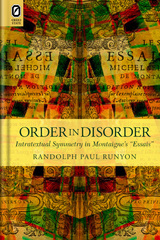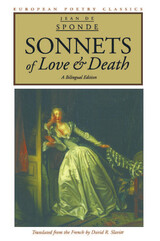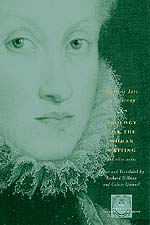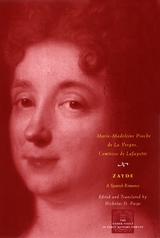Cloth: 978-0-8101-2965-8 | Paper: 978-0-8101-2932-0 | eISBN: 978-0-8101-6733-9
Library of Congress Classification PQ1643.H295 2013
Dewey Decimal Classification 844.3
Montaigne’s Essays are rightfully studied as giving birth to the literary form of that name. Ann Hartle’s Montaigne and the Origins of Modern Philosophy argues that the essay is actually the perfect expression of Montaigne as what he called "a new figure: an unpremeditated and accidental philosopher." Unpremeditated philosophy is philosophy made sociable—brought down from the heavens to the street, where it might be engaged in by a wider audience. In the same philosophical act, Montaigne both transforms philosophy and invents "society," a distinctly modern form of association. Through this transformation, a new, modern character emerges: the individual, who is neither master nor slave and who possesses the new virtues of integrity and generosity. In Montaigne’s radically new philosophical project, Hartle finds intimations of both modern epistemology and modern political philosophy.
See other books on: 1533-1592 | Montaigne | Montaigne, Michel de | Origins | Philosophy in literature
See other titles from Northwestern University Press
